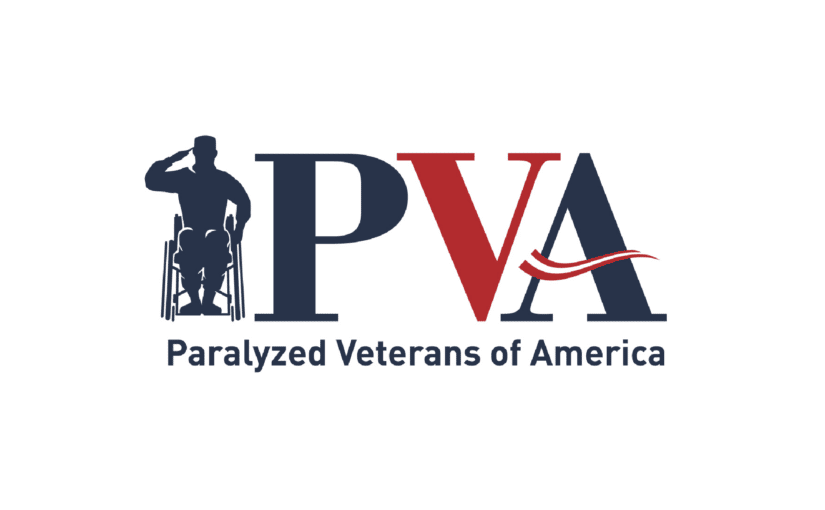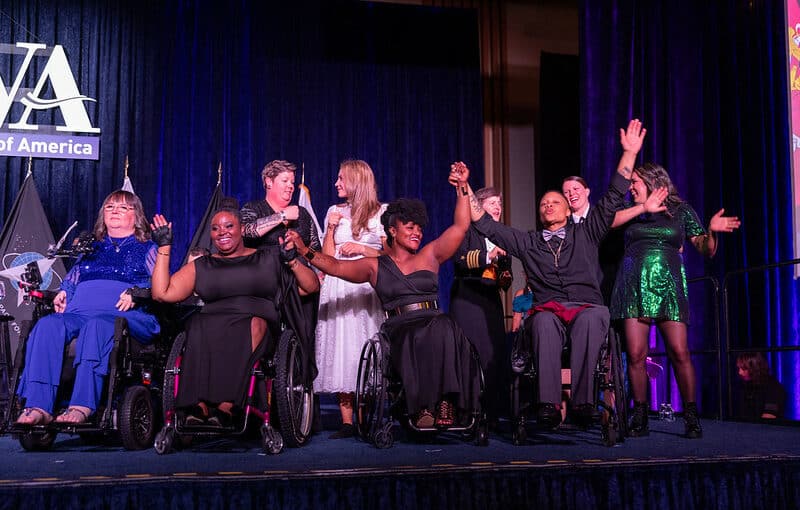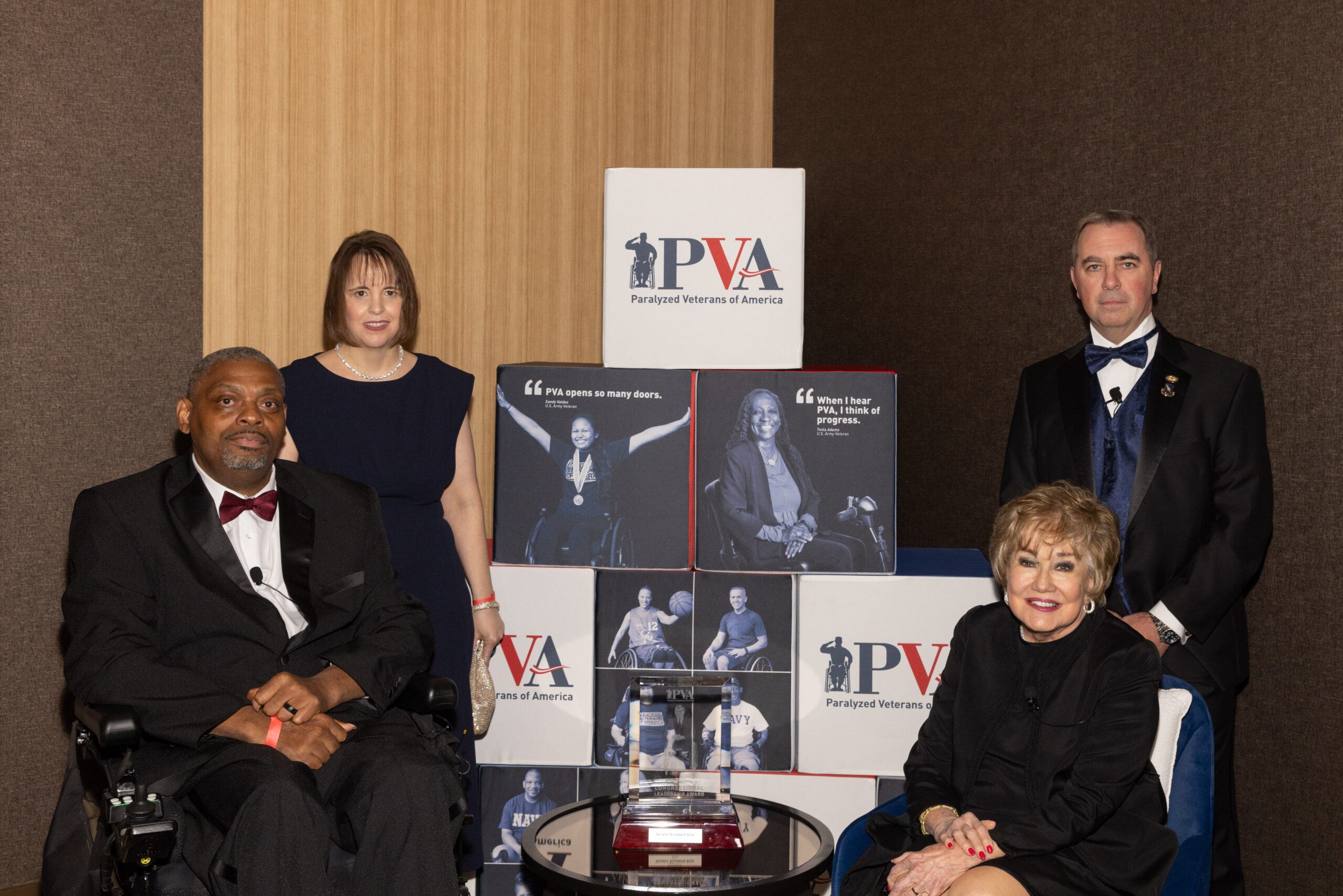February is National Heart Health Month
Heart disease is the leading cause of death for men and women in the United States, and for individuals with paralysis or spinal cord-related diseases, heart health is even more vital to overall health and well-being.
That is why Paralyzed Veterans of America recognizes Hearth Health Month throughout February in an effort to encourage veterans to make healthy choices and be proactive about discussing heart health with their physicians.
“For a veteran with spinal cord injury [SCI], it’s not the SCI itself that can kill you but all of the complications,” said Lana McKenzie, associate executive director of medical services and health policy for Paralyzed Veterans of America. “The cardiovascular function dominates the functioning of the kidneys and blood pressure, so having a healthy heart is critical for someone with SCI.”
The American Heart Association estimates that 80 percent of all cardiovascular disease may be preventable, and McKenzie emphasized that it is always optimal to prevent it rather than treating it after it becomes life-threatening.
One major key to heart health is ensuring proper physical activity, which will vary depending on a veteran’s particular level of injury, McKenzie said. A paralyzed veteran with good upper mobility can participate in activities like handcycling, water aerobics or weight lifting, she said, adding that recreation therapy is incorporated into the rehabilitation protocol for every veteran and continues on throughout their lifetime.
“Veterans who want to maintain an active lifestyle should contact one of our local Paralyzed Veterans of America chapters to learn how they can get involved, or they can call our 800 helpline to explore what options they have depending on their level of injury,” McKenzie said.
Avoiding smoking also is key to maintaining proper heart health. “Smoking is obviously bad for everyone,” McKenzie said, “but when you have the complication of having SCI, it will further benefit you to never pick up a cigarette.”
Further, heart disease is the number one killer of women. Women veterans with SCI should be proactive about identifying the early signs and symptoms and taking advantage of programs like the American Heart Association and Women’s Health Network, McKenzie said. “This is very important throughout a women’s lifetime living with SCI and dealing with hormone changes,” she said. “I would encourage women to see their primary physicians and take advantage of all of the resources available.”
For all veterans with SCI, the key to maintaining proper heart health is by regularly scheduling and attending annual checkups, which should offer a baseline protocol for examining cardiovascular health, McKenzie said.
The Department of Veterans Affairs also provides resources veterans should leverage when considering their heart health, including how to research family health history, developing a list of questions to ask a doctor, and creating a list of all prescription medications you currently take.
The emphasis is on “making a date.” Consistent with the month of Valentine’s Day, the VA encourages all veterans, if they have not had a primary care visit in a year, to “make a date” and discuss heart health with their physician.
“The baseline cardiovascular study will be telling on how to monitor heart health; it may involve more frequent visits or some type of monitor,” McKenzie said. “But veterans must have those baseline tests done first.”
Learn more about our Medical Services Department



